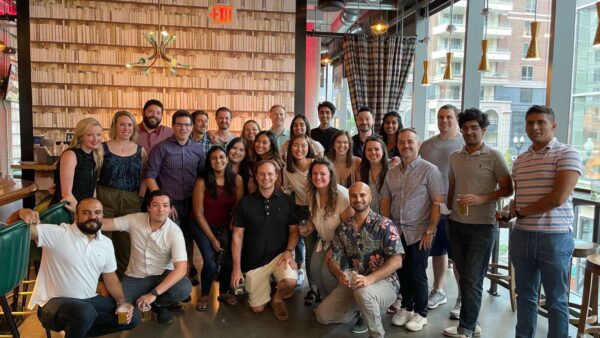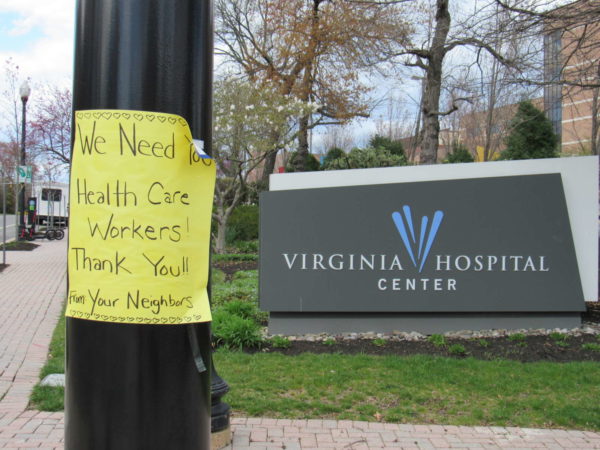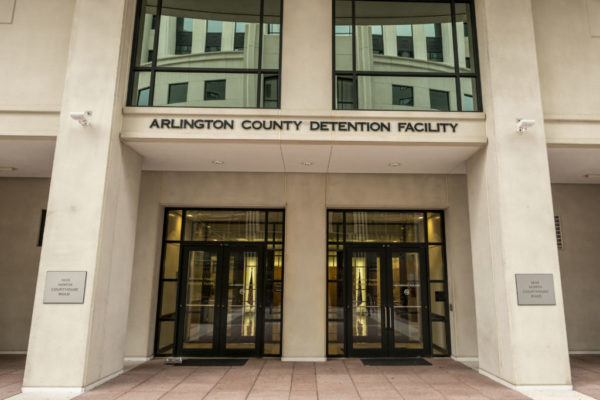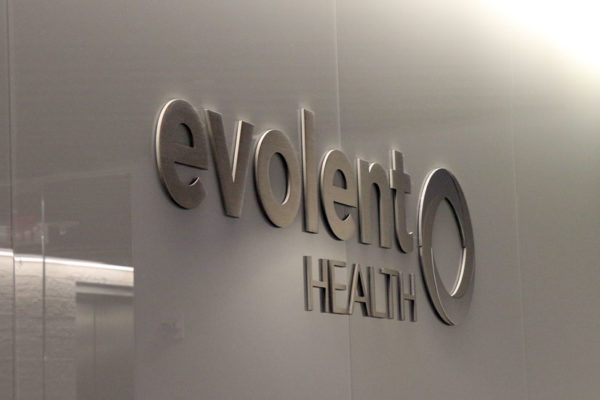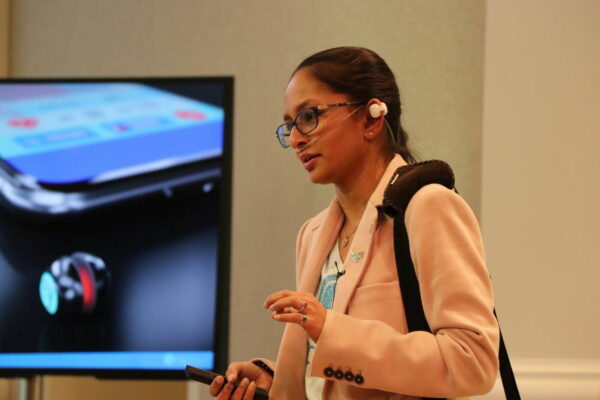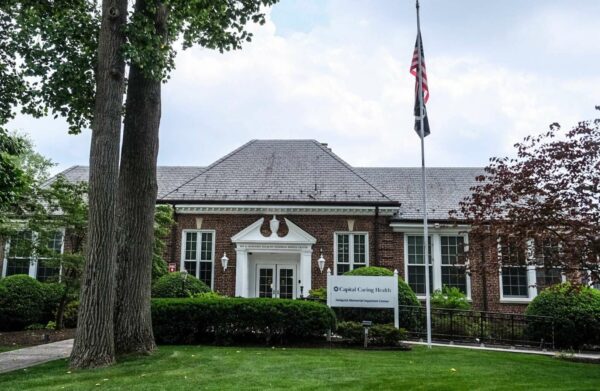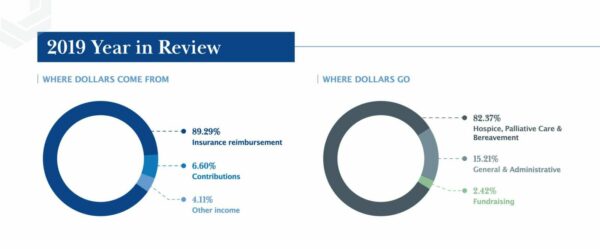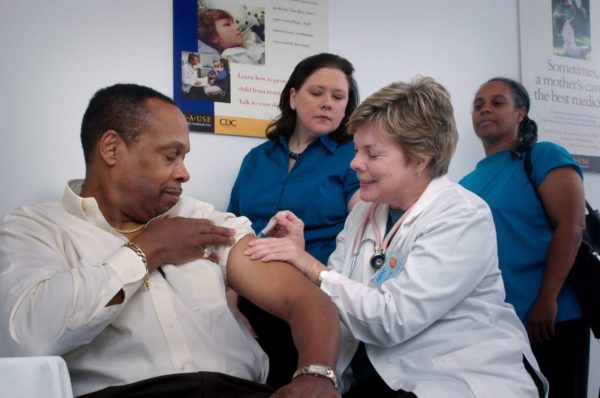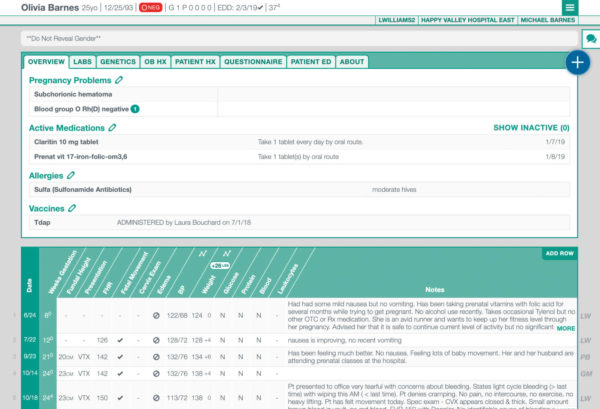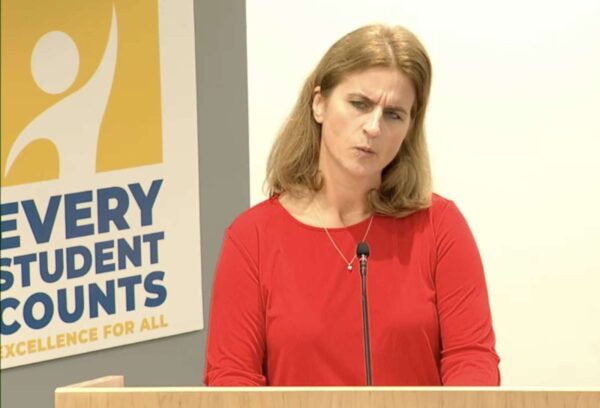
Teachers who are part of the Arlington Education Association say there has been a communication breakdown since the School Board authorized collective bargaining in May.
Arlington Public Schools became the second school district in Virginia to do so, after the General Assembly in 2020 repealed a ban on school employees bargaining collectively.
Before that, AEA advocated for public school employees but could not guarantee benefits through legally binding contracts. This month, organization members told the School Board that its approval of the collective bargaining resolution shut out staff, and since then, communication has worsened between employees and APS’s top leaders.
“The collective bargaining resolution that passed in May does not create a fair process,” Arlington Career Center employee Javonnia Hill said at the School Board meeting on Oct. 13. “It is not what you thought it would be.”
As of now, only school administrators have chosen a bargaining unit and elected a representative. Two other employee groups are taking more time to review the resolution language. In the interim, AEA members report not being able to raise concerns directly with Superintendent Francisco Durán and his deputies.
June Prakash, AEA’s new president, said she was prevented from discussing “troubling trends and concerns” with leadership last month because employee groups are still choosing representative bargaining units. She said APS told her that staff should be going to their supervisors or Human Resources instead.
That is not the process AEA members are accustomed to, according to teacher Josh Folb.
“For AEA members, bringing concerns to their union president, who gathers that list to calmly discuss those concerns with the superintendent’s cabinet was the way that we would resolve employee concerns,” Folb said during the meeting. “It prevented the airing of dirty laundry in the public forum.”
He asked the School Board about the appropriate forum to discuss a substitute shortage at the high school level — one so acute that teachers are asked to use their planning periods to teach other courses.
Prakash, who took the helm after AEA’s executive board was ousted following two years of financial difficulties and a drop in membership, said she turned to the Board’s public comment period because of the walls APS put up.
“Did you know our bus drivers, who are required to wear a uniform, are rationed two T-shirts for a five-day work week? Did you know that summer school staff didn’t have keys to the classrooms they were in, leaving our students vulnerable in the event of a lockdown?” she asked. “I look forward to sharing so much more in the coming years. I will not be deterred… I will not fail our members, employees or students.”
APS counters that the collective bargaining resolution was forged with ample feedback, that employees need to move forward with standing up bargaining units, and that employees should discuss concerns with supervisors or Human Resources.
“APS remains committed to working with the Arlington Education Association. AEA continues to voice concerns over the collective bargaining resolution wherein APS met on numerous occasions with AEA and the Virginia Education Association (VEA) to discuss concerns that were brought forth from the associations prior to the final resolution being passed in May 2022,” APS spokesman Frank Bellavia said. “More than half of the requests from AEA/VEA were implemented into the approved resolution.”
Longtime teacher Danielle Anctil told the School Board that its vote in the spring has effectively shut employees out.



